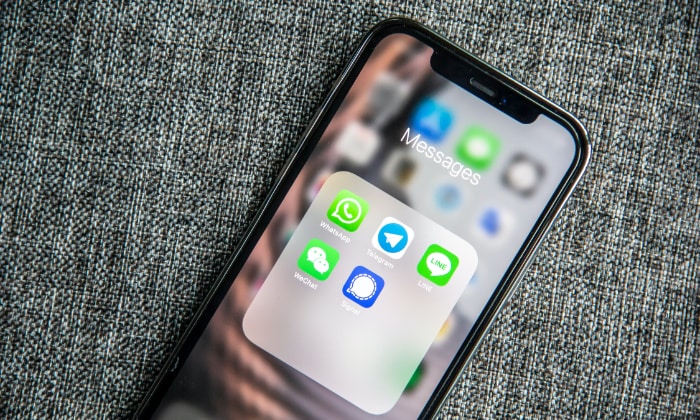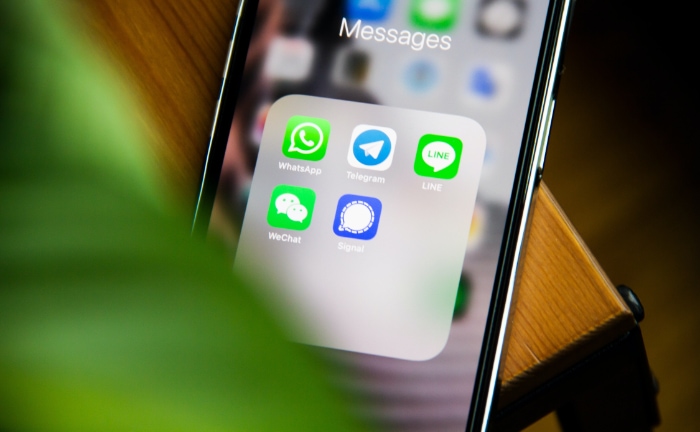Is WeChat a Safe and Reliable Choice for Communication?

WeChat is a popular messaging app that has gained widespread use around the world, especially in China. With over a billion active users, it is a common way for people to communicate and exchange messages, photos, and other media.
However, with such a large user base and its ties to the Chinese government, it is essential to consider the security of WeChat and whether it is a safe app to use.
In this blog, we will explore the various security concerns surrounding WeChat and what steps you can take to protect your account. We will also look at alternatives to WeChat and its security measures.
Understanding the safety of messaging apps is crucial in today’s digital age, where personal information and data can be vulnerable to breaches and misuse.
What Is WeChat?
WeChat is a messaging app developed by the Chinese technology company Tencent. It was first released in 2011 and has since become one of the most popular apps in China and around the world.
WeChat is known for its wide range of features, including messaging, voice and video calls, social media integration, and mobile payments. It is available on both Android and iOS devices.
In China, WeChat is much more than just a messaging app. It is used for everything from paying bills and booking appointments to ordering food and hailing taxis.
It is an integral part of daily life for many people in China, and it has also gained popularity in other countries as a way to communicate with friends and family and access various services.
Security Concerns With WeChat
One of the main security concerns surrounding WeChat is the Chinese government’s ability to access user data. As a Chinese company, WeChat is required to comply with the country’s strict censorship laws and government surveillance.
This means that the government has the ability to access user data stored on the app, including messages, contacts, and location information. This has led to concerns about the privacy of WeChat users and the potential for their data to be misused.
Another security concern is the potential for hackers to access user accounts.
Like any online platform, WeChat is vulnerable to cyber attacks, and there have been instances of hackers stealing user login credentials and accessing private messages.
There is also a risk of malware being transmitted through the app, either through malicious links or by downloading infected files.
It is important to be aware of these security risks when using WeChat and to take steps to protect your account.
Steps You Can Take To Secure Your WeChat Account

There are several steps you can take to secure your WeChat account and protect your personal information:
Enable Two-Factor Authentication
Two-factor authentication (also known as 2FA) is a security measure that requires you to provide an additional form of authentication in addition to your password when logging into your account.
This helps to ensure that only you have access to your account, even if your password is compromised.
There are several ways that two-factor authentication can be implemented. One common method is to have a code sent to your phone or email, which you must enter in addition to your password when logging in. This code is typically sent via SMS or generated by an authentication app.
By enabling two-factor authentication, you can add an extra layer of security to your account and help protect against unauthorized access.
It is a simple and effective way to secure your account and is highly recommended for any online platform, including WeChat.
Use a Secure Password
A strong, unique password is one that is difficult for others to guess and is not used for any other accounts. Here are some tips for creating a secure password:
Use a combination of letters, numbers, and special characters: A password that includes a mix of different characters is generally more secure than one that consists of only letters or numbers.
Use a long password: A longer password is generally more secure than a shorter one, as it is harder to crack. Aim for a password that is at least eight characters long.
Avoid using personal information: Don’t include personal information, such as your name, address, or date of birth, in your password. This information can be easily guessed or obtained by hackers.
Don’t use the same password for multiple accounts: Using the same password for multiple accounts puts all of your accounts at risk if one of them is compromised. Instead, use a unique password for each account.
Don’t Click on Suspicious Links
Clicking on suspicious links can be a serious security risk, as they may contain malware or lead to phishing websites. Malware is software that is designed to damage or disrupt computer systems, and it can be transmitted through links or attachments in emails or messages.
If you receive a message from an unfamiliar sender, be wary of clicking on any links or attachments. Be on the lookout for these red flags, and do not enter any personal information.
Be Cautious About Sharing Personal Information
Sharing personal information online can be risky, as it can be accessed by unauthorized parties or used for nefarious purposes. To protect your personal information and maintain your privacy, it is important to be cautious about what you share online, including on messaging apps like WeChat.
Alternatives to WeChat
There are several alternative messaging apps available that offer different features and security measures. Some popular options include:
WhatsApp: A messaging app owned by Facebook that offers end-to-end encryption for messages and calls.
Signal: A privacy-focused messaging app that uses end-to-end encryption and has a strong track record of protecting user data.
Telegram: A messaging app that offers end-to-end encryption and the ability to create “secret chats” with self-destructing messages.
iMessage: A messaging app available on Apple devices that offers end-to-end encryption for messages and calls.
When considering an alternative to WeChat, it is important to research the security measures in place and determine which app best meets your needs and concerns.
So Is WeChat Safe in General?
It is difficult to say whether WeChat is “safe” in general, as the level of security and privacy provided by the app can vary depending on various factors.
However, because it is a Chinese company and operates within China, it is subject to the country’s strict censorship laws and government surveillance, which has raised concerns about the privacy and security of user data on the app.
Additionally, like any online platform, WeChat is vulnerable to cyber-attacks.
Ultimately, the safety of WeChat depends on how it is used and the steps taken to protect your account and personal information. By being aware of the potential risks and taking appropriate precautions, you can help ensure your WeChat account’s safety.


